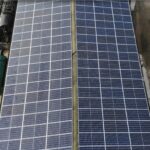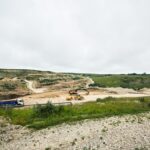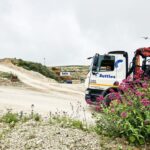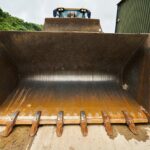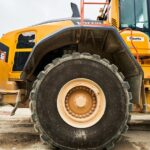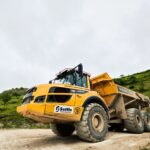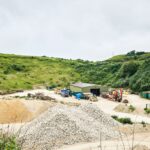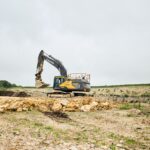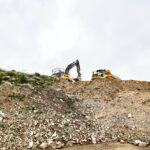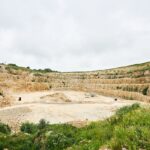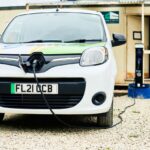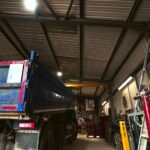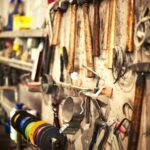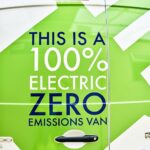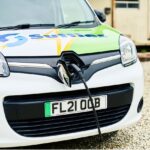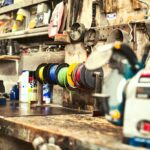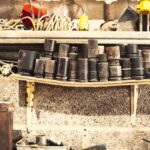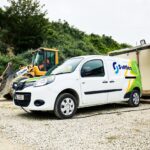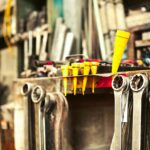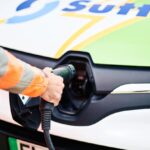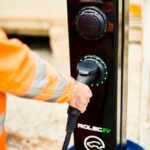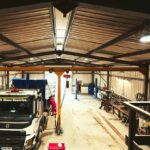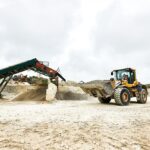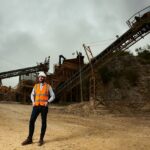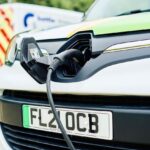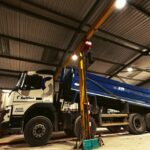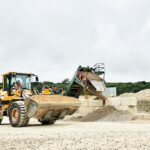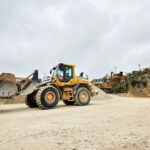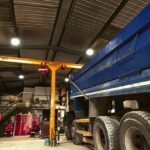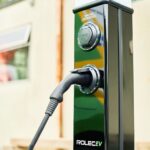In 2019, with the help of a Low Carbon Dorset grant, Suttles installed a 49 kWp solar PV array on the roof of their Swanworth workshop. It is anticipated that the 120 panels installed will generate around 41,500 kWh a year, but in fact, in 2020 they exceeded this by an extra 7,000 kWh!
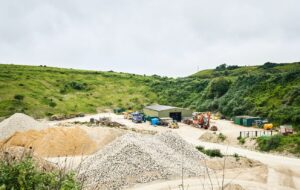 Financial savings made from solar PV vary depending on how much of the energy you generate you can use yourself. Companies that can use a large amount of the electricity they generate make the biggest savings as they no longer need to buy this electricity from their energy supplier.
Financial savings made from solar PV vary depending on how much of the energy you generate you can use yourself. Companies that can use a large amount of the electricity they generate make the biggest savings as they no longer need to buy this electricity from their energy supplier.
The Suttles PV project is a great example of this as their peak demand for electricity is during daylight hours when a solar array would be generating the most electricity. It’s expected that Suttles will use about 75% of the energy they generate at Swanworth, saving them around £4K a year on electricity costs and reducing their carbon emissions by 21 tonnes of CO2e a year.
After seeing the financial and environmental benefits of one solar array, Suttles decided to apply for a second grant from Low Carbon Dorset to install a smaller array (11 kWp) at their nearby Dawkins Road site. It is expected that they will use around 94% of the energy they generate at this site, bringing the payback period for the panels down to just 4 years! This PV now powers the workshop and some of their electric vehicle charging and will save them a further 6 tonnes of CO2e a year.


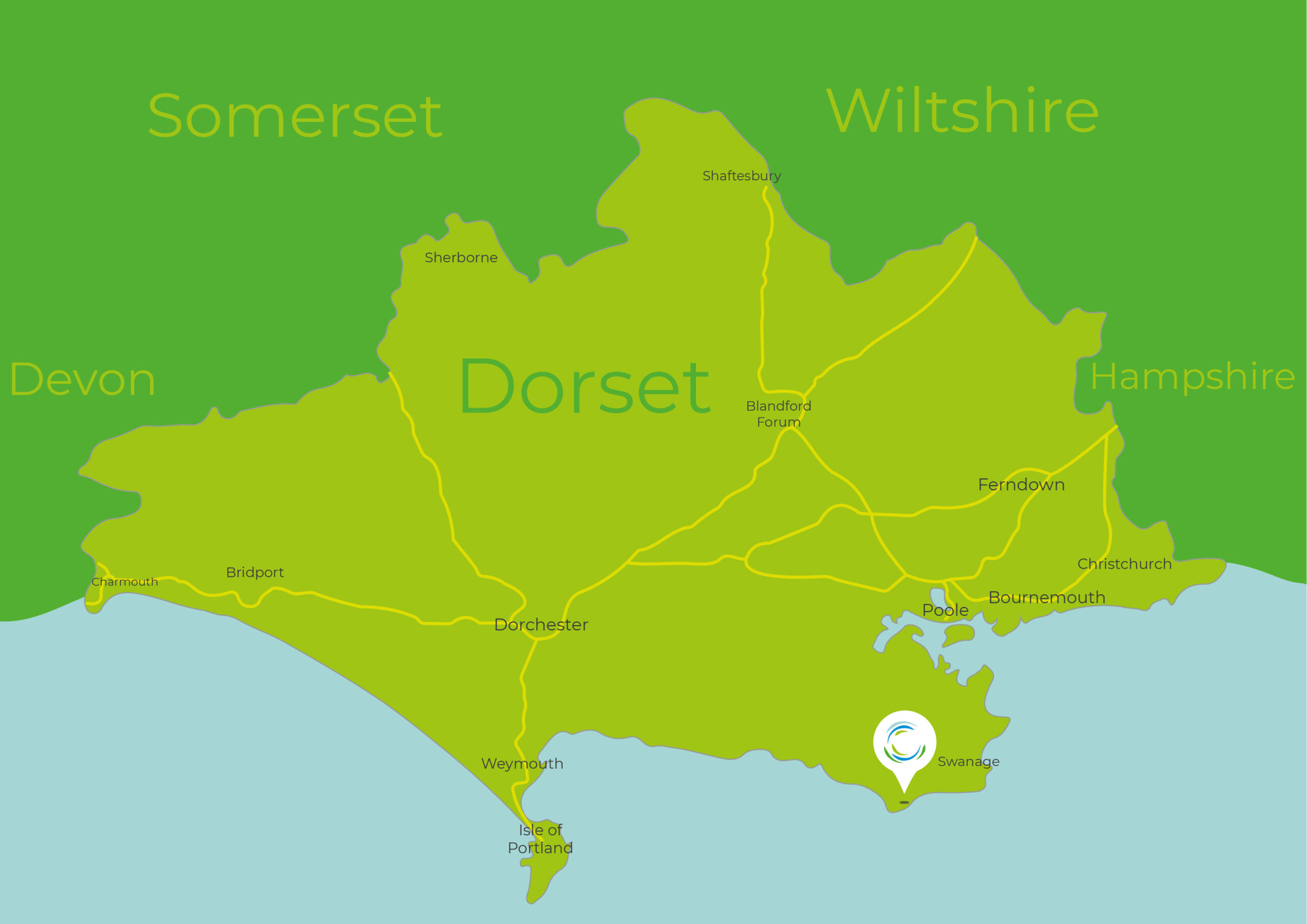
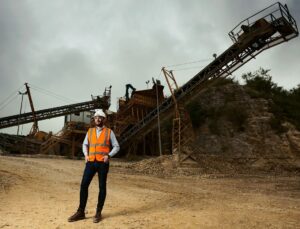
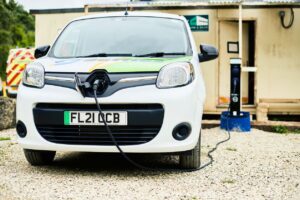 Since acquiring Swanworth Quarry in 2011, Suttles has been making significant progress in reducing the environmental impact of their operations. The Dorset based firm has already invested in the electrification of a large part of their vehicle fleet. In 2019, they purchased 13 electric and hybrid vehicles – reducing their footprint by an estimated 30 tonnes of CO2 a year. They have also converted most of their power-hungry diesel machinery to electric, including the large crusher at their Swanworth site.
Since acquiring Swanworth Quarry in 2011, Suttles has been making significant progress in reducing the environmental impact of their operations. The Dorset based firm has already invested in the electrification of a large part of their vehicle fleet. In 2019, they purchased 13 electric and hybrid vehicles – reducing their footprint by an estimated 30 tonnes of CO2 a year. They have also converted most of their power-hungry diesel machinery to electric, including the large crusher at their Swanworth site. Financial savings made from solar PV vary depending on how much of the energy you generate you can use yourself. Companies that can use a large amount of the electricity they generate make the biggest savings as they no longer need to buy this electricity from their energy supplier.
Financial savings made from solar PV vary depending on how much of the energy you generate you can use yourself. Companies that can use a large amount of the electricity they generate make the biggest savings as they no longer need to buy this electricity from their energy supplier.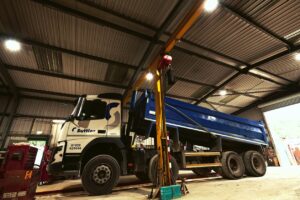 Whilst installing PV at their Swanworth site, Suttles also decided to replace 21 old light fittings in their workshop with highly efficient LED lights. Switching to LEDs is a quick and relatively cheap way to reduce electricity bills and carbon emissions.
Whilst installing PV at their Swanworth site, Suttles also decided to replace 21 old light fittings in their workshop with highly efficient LED lights. Switching to LEDs is a quick and relatively cheap way to reduce electricity bills and carbon emissions.